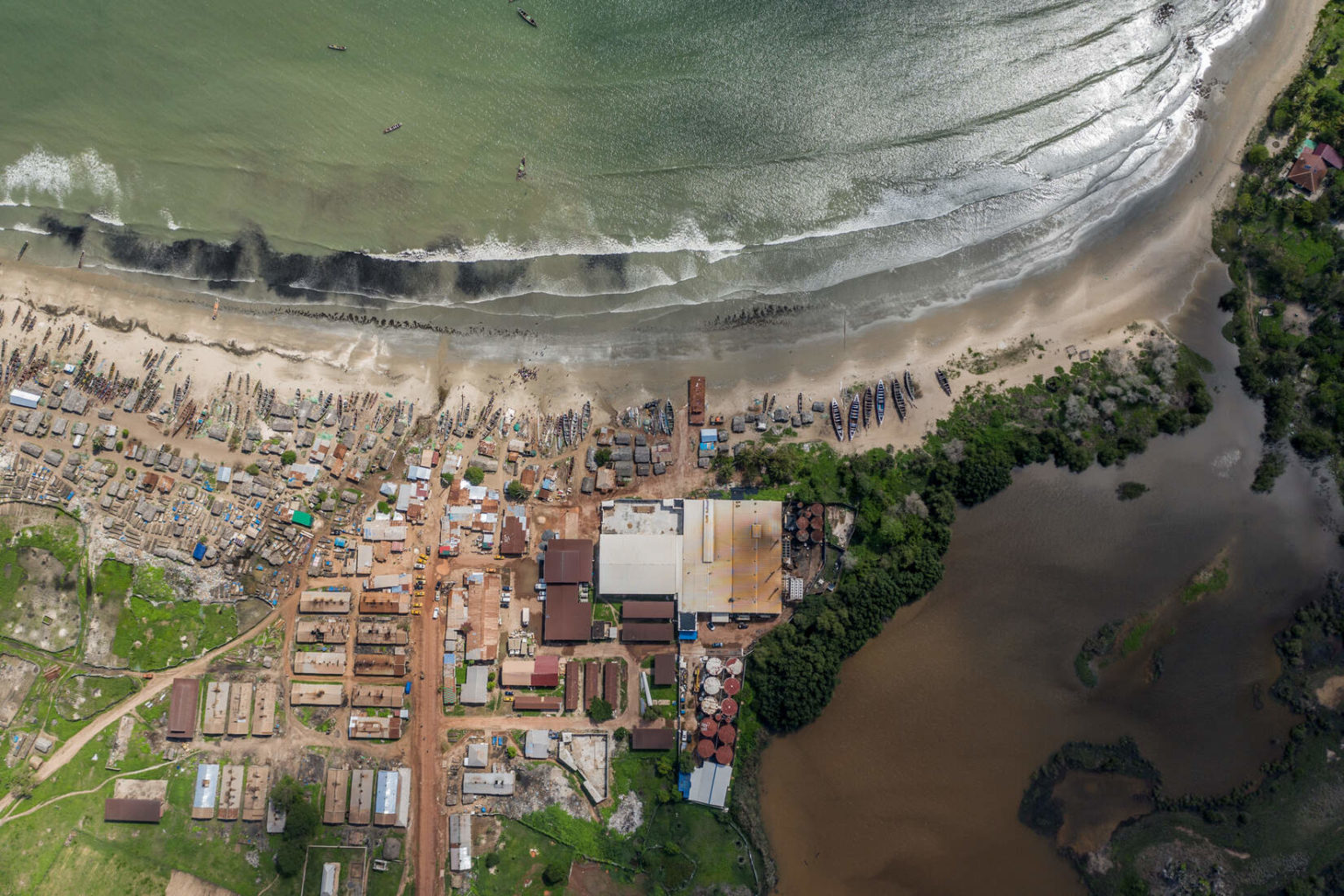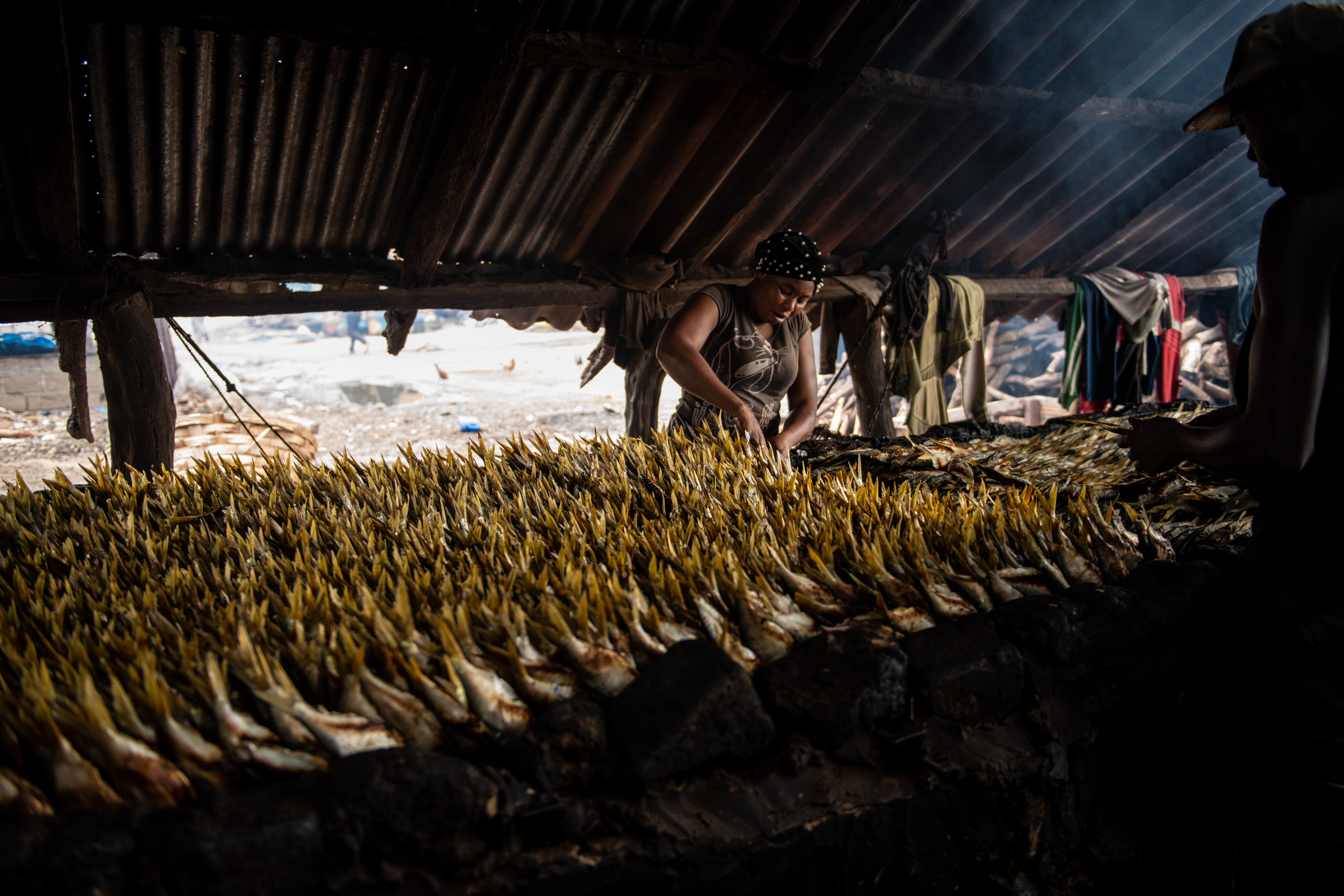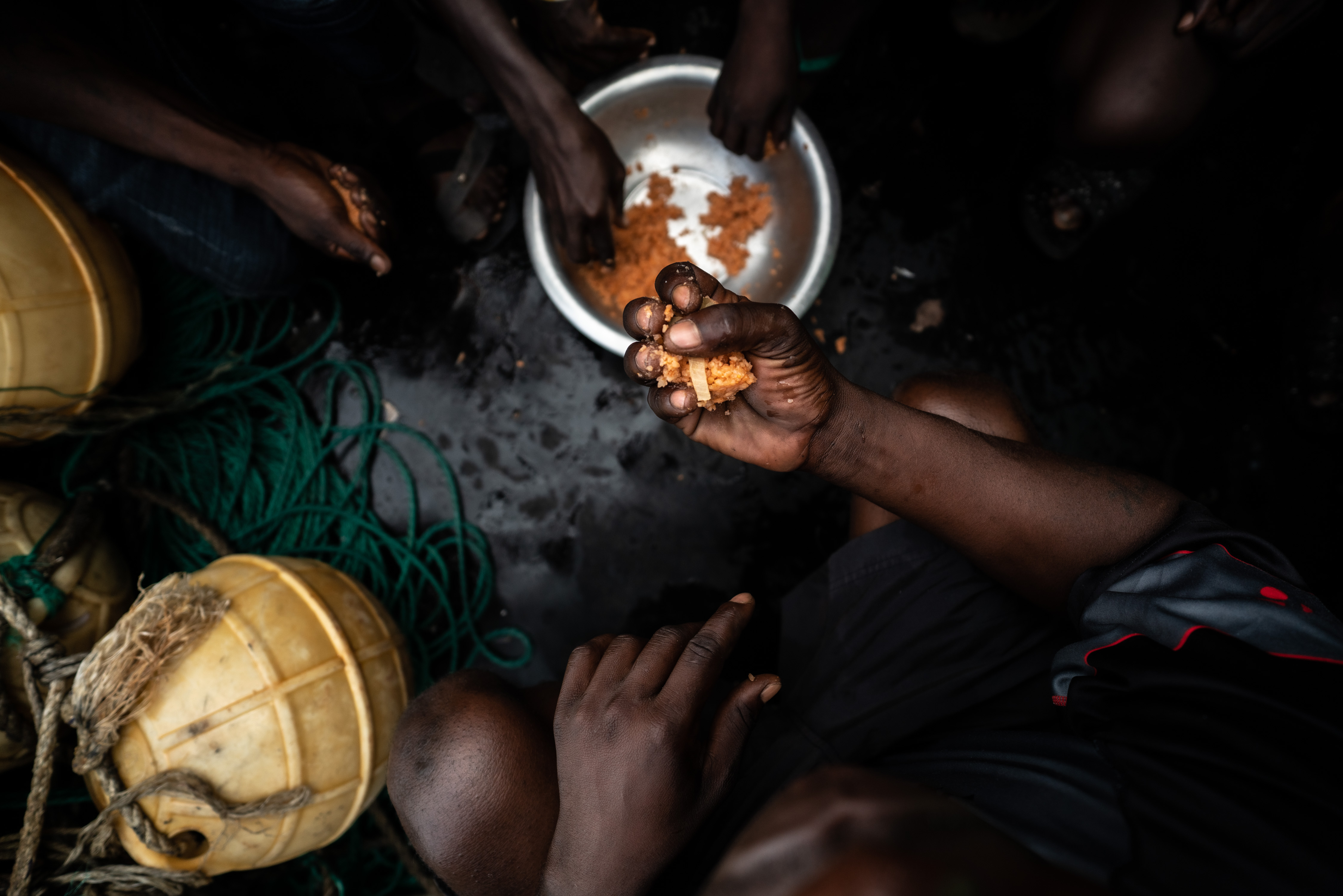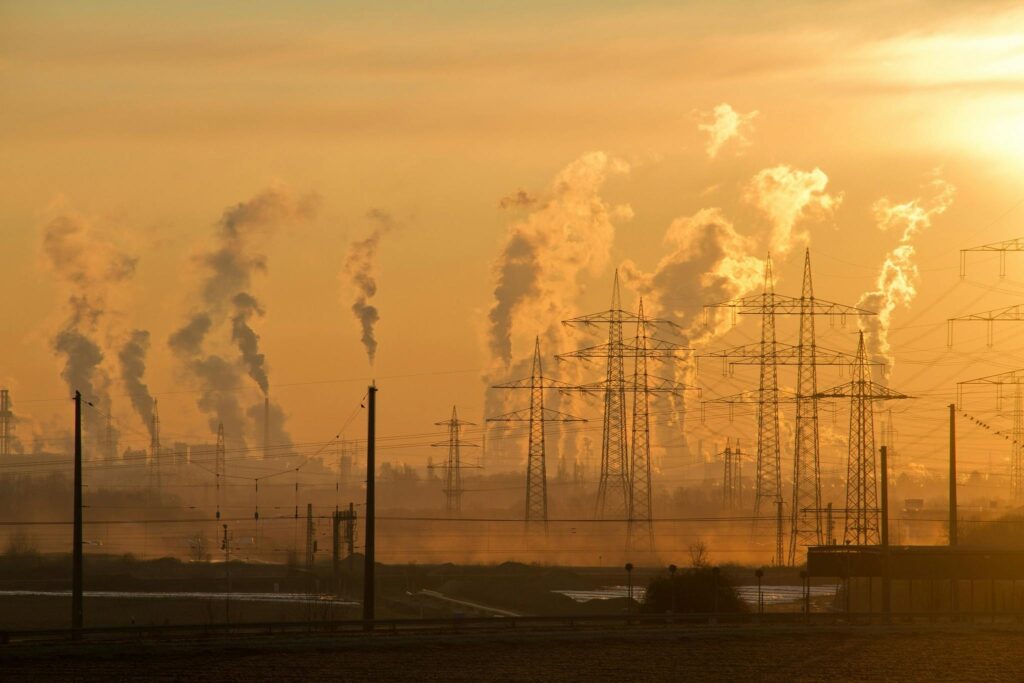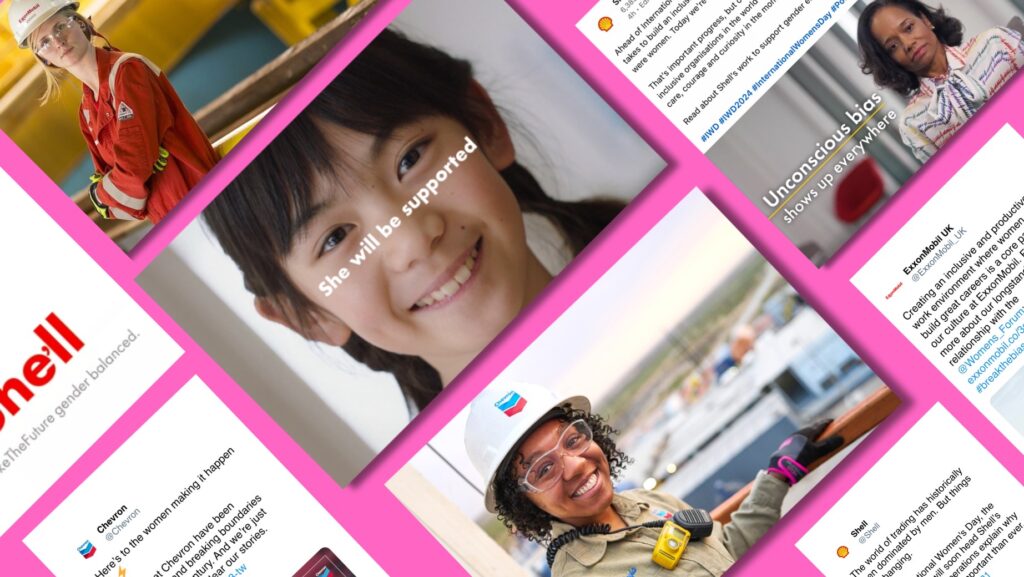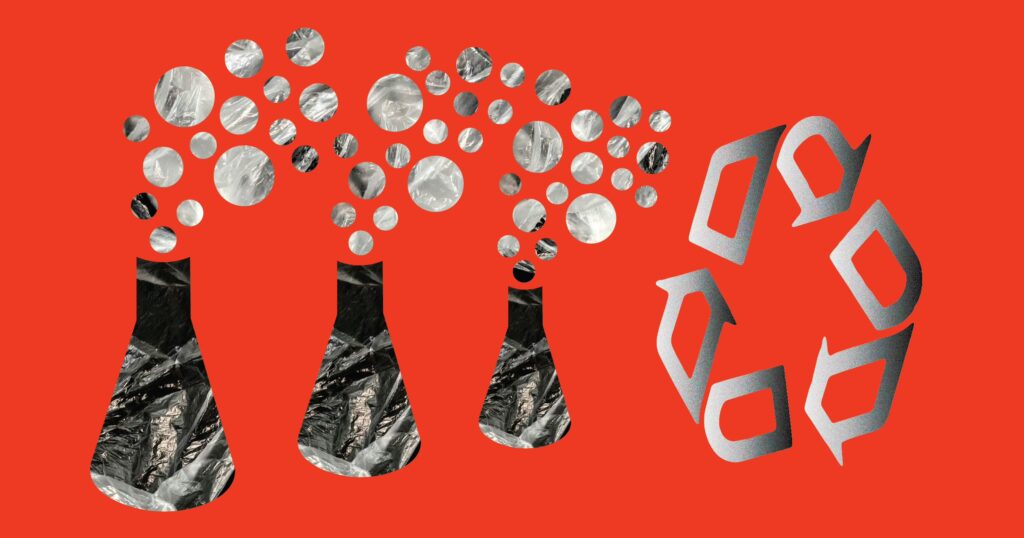As the Biden administration turns to environmental concerns, one of its top priorities will be how to better protect the world’s oceans. With more than 80 percent of the world’s fish stocks at or near collapse, some marine conservationists suggest that aquaculture might help counter the problem of overfishing.
Now that the new administration is in office and rapidly attempting to reverse many of the policy priorities of its predecessor, marine advocates are watching to see what their posture will be toward aquaculture. But the push to expand fish farms is spurring a fiery debate, prompting calls from the U.S.-based commercial fishing industry for more support while drawing skepticism and critique from many marine biologist and environmentalists.
Stronger America Through Seafood (SATS), an industry coalition of aquaculture firms and companies in related industries, sent President Joe Biden an open letter in January, encouraging the prioritization of local seafood production.
“As America begins to rebuild from the devastation of the COVID-19 pandemic, increasing America’s seafood supply through aquaculture will have benevolent rippling effects,” the letter said. “Now perhaps more than ever, we need both sustainable, local food and new job opportunities for all Americans. Aquaculture can fill both those needs while also limiting impacts on our global environment.”
But some marine biologists and food security researchers are arguing that increasing dependence on aquaculture will have detrimental environmental impacts.
Workers sort fish along the coast of Gambia in 2019. Gambia has embraced fishmeal production, which is aquaculture relies on, but risks decimating its wild fish stocks. Credit: The Outlaw Ocean Project
The Friends of the Earth, a coalition of 52 environmental organizations, urged Biden in a December letter to replace an executive order issued by the Trump administration in May, which aimed to speed up the permitting process for deep-sea aquaculture and building fish farms further from shore in U.S. waters. The letter warned of aquaculture’s typical shortcomings, such as interrupting wild fish populations and vulnerable marine ecosystems, spreading diseases and parasites, and contaminating industrial wastewater.
“The aquaculture industry must undergo significant scrutiny,” the letter said. “The previous administration has actively advocated for expanded aquaculture without first undertaking sound scientific research, fully consulting with the broad range of impacted stakeholders, or having federal legislation that allows scientifically-based regulation of the industry.”
As the fastest growing sector in the food industry, aquaculture is booming worldwide for a variety of reasons. Environmentalists look to seafood as an alternative dietary source of protein with a lower carbon footprint than meat. Trade economists point out that the United States imports far more seafood than it produces, creating a $16 billion trade deficit that could be alleviated by fostering domestic fish farming.
At first glance, aquaculture has some clear benefits. It eliminates the problem of bycatch, whereby large amounts of unwanted fish and other marine creatures are caught, killed and wastefully tossed back to sea during commercial fishing for a different species. In some parts of the world, such as Asia and India, fish farming is a major source of employment, especially for women, and, depending on how it’s conducted, it is a cheaper source of protein than traditional fishing. For companies interested in ensuring that their supply chains are not tainted by illegal fishing, environmental crimes or forced labor, fish farms offer easier traceability.
But, far from being a cure-all, aquaculture is in fact deeply tied to sea slavery and to illegal fishing due to the industry’s reliance on fishmeal, which comes from the very boats most prone to these sorts of human rights and environmental abuses.
For starters, most fish farming occurs in cages near shore or in large pools on land. When the fish are penned near shore in shallow pools, the waste typically sinks, smothering plants and animals on the seafloor, while producing higher levels of nitrogen and phosphorus, which cause algal blooms, killing fish and keeping tourists away from beaches.
One solution to these environmental concerns is moving the pools further offshore. Some environmental groups support the idea of deepwater aquaculture because locating these fish farms in the open ocean has the advantage of faster currents that better flush the waste.
“The open oceans represent a very remote area with the ability to naturally process wastes in the vast waters much beyond the capacity of our freshwater systems to process agricultural runoff,” said Aaron McNevin, vice president of aquaculture at the World Wildlife Fund, adding that there still needs to be intensive regulation of these farms. Still, these deep-sea farms pose a threat to wild fish stocks, either by spreading diseases or by escaping fish, which having been bred to grow bigger, dominate the habitat of indigenous fish.
The biggest challenge, though, in aquaculture is keeping farmed fish fed, regardless of whether the fish are located in pools on land, or in pens near shore or in the open ocean. Feed constitutes roughly 70 percent of the industry’s overhead, and, so far, the only source that’s proved to be commercially viable is fishmeal.
Workers sort fishmeal aboard a boat off the coast of Gambia in 2019. Credit: The Outlaw Ocean Project
In 2019, I reported for a month in West Africa where I was on board various ships patrolling the waters near Gambia for a story about fishmeal. Like many of its West African neighbors, the tiny nation of Gambia, has embraced the lucrative production of fishmeal. But in doing so the country is polluting its waters, decimating its fish stocks, and threatening the lives of its own citizens.
The fish used to produce fishmeal are often found at the lower end of the food chain and therefore tend to also be sources of food for carnivorous species, such as salmon, dolphins, sharks and tuna, as well as for penguins and marine birds. Harvesting these sources on a large scale threatens the entire food chain. Once caught, these fish are then ground up into fishmeal, a yellow, protein rich powder.
Fishmeal’s popularity stems partly from the emergence in the 1960s of “concentrated animal feeding operations,” more commonly known as CAFOs. Livestock farmers realized that they could make far more money by bringing pigs, chickens, and cattle to market faster if they fed them corn and kept them in tightly restricted areas rather than permitting them to graze or feed on grass.
Though cost effective, confining livestock created new challenges, however. Animals got sick more often, which led farmers to use antibiotics. Non-grazing diets also proved to be nutrient deficient, which made fishmeal attractive as a protein supplement. In shifting from wild-caught to farmed fish, the seafood industry is facing many of the same problems as the livestock industry. Disease is common in aquaculture as is the use of antibiotics, and sewage from fish farms is a severe pollution hazard.
Researchers around the world have identified all sorts of potential alternative sources — human sewage, seaweed, cassava waste, soldier-fly larvae, single-cell proteins produced by viruses and bacteria — but so far none is being produced affordably at scale.
After I returned from my reporting trip, I was asked to appear before Congress where I witnessed the growing excitement around aquaculture firsthand. I used my designated 5 minutes to describe the diversity of crimes occurring offshore, including sea slavery, the murder of stowaways, intentional dumping, arms trafficking — and, of course, illegal fishing. I tried to make the case that the definition of illegal fishing should be broadened to include crimes not just against the fish but also against the fishers, and I emphasized that the ships fast depleting the oceans were also the ones most likely to cut costs with egregiously poor working conditions.
During the hearing, Tom McClintock, a Republican congressman from California, declared that although the atrocities occurring on foreign fishing boats may be dire, the U.S. government could do very little about them. “The simple truth,” he said, “is we don’t control these sovereign countries.” What the United States could and should do immediately, he argued, was double down on our domestic aquaculture industry. “The moment that we can produce these products more cheaply in captivity than we can catch them in the wild,” he said, “the sooner the bane of unsustainable fishing will naturally disappear.”
As a journalist in a highly politicized setting, my role was not to rebut the lawmaker. I was there not to debate but to offer my testimony. Still, I hoped someone else at the hearing might point out that far from being a cure-all, aquaculture was in fact deeply tied to sea slavery and to illegal fishing due to the industry’s reliance on fishmeal, which comes from the very boats most prone to these sorts of human rights and environmental abuses. By the end of the hearing, no one mentioned the fishmeal problem.
Main image: View of the Gambian shore and a fishmeal plant in 2019. Credit: The Outlaw Ocean Project
Subscribe to our newsletter
Stay up to date with DeSmog news and alerts


